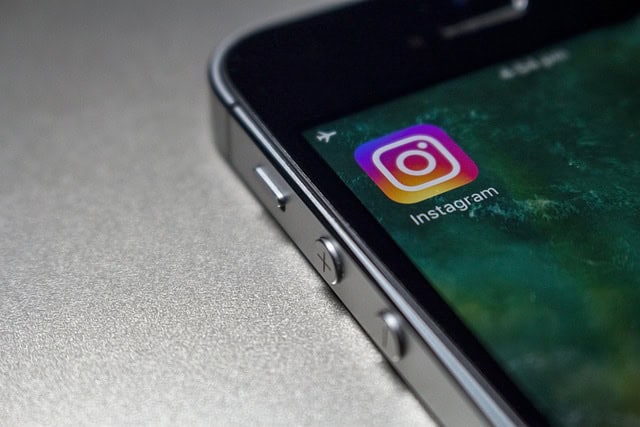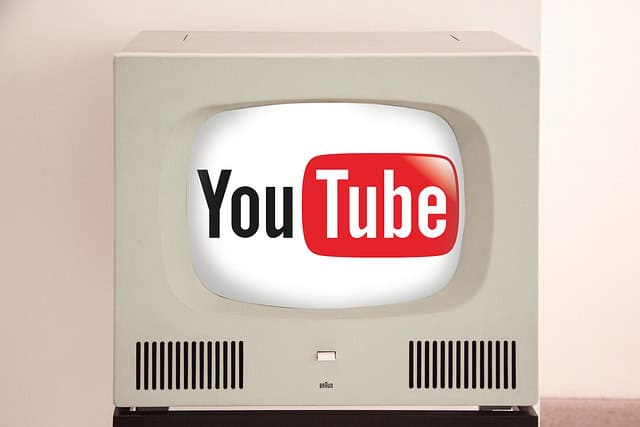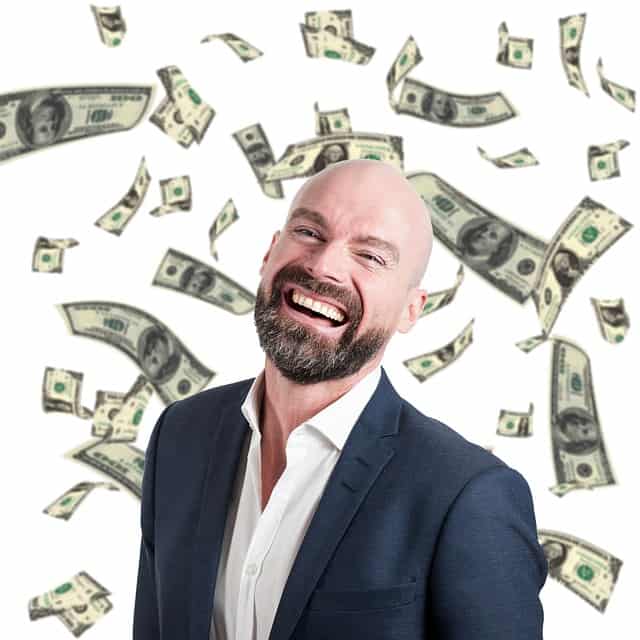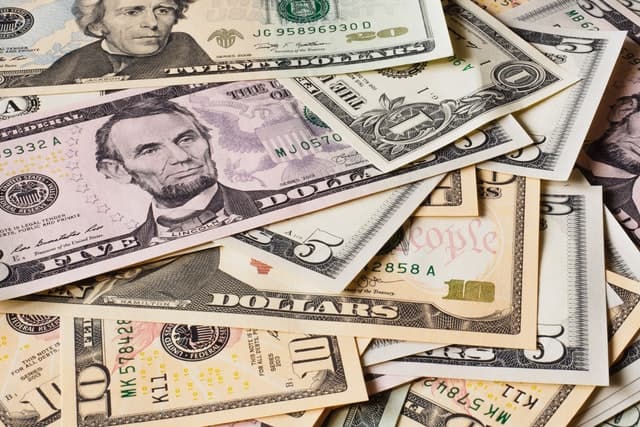How Can I Become Debt Free With A Low Income And No Money?
As a rule, nobody likes to owe money, let alone a ton of money so trying to be debt-free should be something we should all aspire to be. Sadly in reality this is not as easy as it sounds
We can often find ourselves in situations that are beyond our control: A company downsizing and letting you go, unexpected medical bills, damage to your car from a traffic accident, the list can be endless.
So how can you become debt-free? Using the following methods can help you reduce your debt in a shorter time frame and will free up your cash and reduce your stress too.
- Make and sell crafts cheaply
- Be honest with yourself about the state of your finances
- Stop creating more debt
- Swallow your pride and become cheap
- Become a minimalist and sell the stuff you don’t need
- Pay yourself even if you think you don’t need to
- Make a budget and stick to it
Make and Sell Crafts Cheaply
You don’t need to invest hundreds of thousands of dollars to get a profitable home business underway. In fact, depending on the type of business, you can outlay as little as $20 or $30 to get yourself started.
If you have an interest in crafts and think this could be something you would like to do as a business then check out my other articles below:
Small Craft Business From Home / Ideas and Considerations
Profitable Candle Making Business: Can I Do It? Spoiler:Yes!
Both of these articles will help you outline if you want to accelerate your path to being debt-free by creating a business you can not only be proud of but one that will help you become debt-free and ultimately financially independent
How can I be debt free on a low income?
The first step is to take a long and honest look at yourself. When it comes to spending are you quite relaxed about keeping tabs on what you spend? Do you describe yourself as deserving of small treats when you feel down for example?
Whatever your circumstances are, now is the time to be totally honest with your strengths and weaknesses. Don’t try to justify anything, just make a list of everything you spend each month without any rationale for it.
Now you have made a list of the things you have spent your money on you can begin to begin prioritizing things in order of importance.
Being honest with yourself and the amount of your debt
This is one of the hardest things to do. When you take all of your debts and lay them out bare on the table you can begin to understand just how big the debt is and what sort of time frame you will need to pay it off.
The good news is that while at first, it will seem daunting in that you will see, in some cases a mountain of debt and no real way to chew away at it, there is always a way around it.
If you have a computer, great. Open up a new spreadsheet and begin making a list of the debts you have. If you don’t a pen and paper will do just a well.
In the first column make a note of who you owe the debt to. Just so you can easily keep track of the debt whenever you correspond with any of your creditors.
In the second column enter the amount owing. Seeing all of the amounts together will give you a birds-eye view of your situation which will, despite that lump in your throat, help you and make you feel better in the long run. Trust me, it will!
In the fourth column enter the repayment amount, if you are not able to make any payment then enter 0 as the amount.
Label the fifth column up to date and for each entry mark it a yes or no. This is important when knowing who you need to contact and when. When is column six? Use this for the date the next action needs to take place, whether it’s a standard payment, a phone call, email, or letter.
Column six is the most important column as it provides you with your action plan. It’s important to try to keep to this plan as it will rebuild trust between you and your creditors. They understand what you are trying to do is not easy so if you are seen to be doing all you say you can do and on time then this will help keep them from harassing you and sending you back down the rabbit hole.
So with your newly created and complete spreadsheet, you can now see exactly where you need to begin focusing and when.
Before we get into how to fix it we need to do one more very important thing and that is to stop making it worse. So let’s have a look into what steps we take there.
How to stop creating more debt
This should be a no-brainer but there are many people out there in the world who are up to their ears in debt but are still using credit as their main form of payment. The first thing you need to do is stop using ALL forms of credit immediately!
For example, if you have an account with an overdraft facility and you have your salary paid into this account then in the short term there may not be anything you can do. It’s still worth contacting your bank to see if they can give you an interest-free grace period or maybe remove your overdraft facility and place the debt into a lower interest debt account.
Once you have chopped up your credit cards, store cards, and other charge cards you may have then begun making a plan to contact your creditors in turn. This is another really hard thing to do as they can often pressure you into agreeing on a payment plan which may be beyond your ability to pay.
If this happens be firm, be polite, and send them a copy of your proposed payment plan. A creditor is much more willing to listen to a positive plan of action even if you are only able to offer a token amount. It’s a show of good faith and they, in turn, will usually help you as best they can.
Swallow your pride and become cheap
Now here is a tough one to follow, at least at the beginning. Once you have embraced this fully it can be turned into a game and can even be fun. ‘Debt is not funny’ I hear you cry and it’s true, it’s not but if it could be?
Imagine this, for example, you have an initial food budget of $800 for the month. You usually go out and get fast food and sometimes order takeout as well. Now instead of doing that you cook at home and make good food and your food budget comes in at $700.
Now you have $100 leftover so what do you do? You take $80 and put $20 into your savings (see paying yourself later in the article) and $40 onto a debt you have. You still have $20 left. Now spend this on something fun together, even if you think it’s wasteful still do it.
After reducing your food bill by 12.5% you can take 3% of that and use it as a treat for your effort. The psychology behind this is this: To be rewarded for doing something positive is in itself a positive thing. Your minds will grow accustomed to feeling good about helping yourself and after a while, you may not even want the treat. Neat eh?
Look at the groceries you buy and see how much you can trim. Buy store brands where possible as they are often much cheaper. Think about what you are buying to see if it’s worth it.
Cheap chocolate may not taste the same but what about sugar and flour? Do the supermarkets have their own flour mills and sugar factories? Probably not, they are most likely just getting their product from the same place the premium brands do who charge extra. All the advertising money needs to come from somewhere (hint: it’s you!)
Go to the markets to buy fruit and vegetables or even grow your own if you have a garden (even herbs on a window ledge helps)
Become a minimalist and sell the stuff you don’t need
Hearing people whine about having so much stuff when they move house irritates me as there is just no need to have an excess of property. I hear excuses like ‘I’m a hoarder’ or ‘I’m a collector (they are the same thing as far as I’m concerned).
I started traveling around the world and I gave up everything except what I could fit into a cabin-approved carry-on backpack and have never looked back. I know that personal needs will vary from person to person and from single people to larger families but in essence, it’s all the same. Do you really need it or does it make you feel better just by owning it?
The best way to reduce the things you have is to start small and to see if there are other ways of keeping the things you love in another format. For example, if you have a Kindle app on your phone you don’t need to go out and buy a load of paperback books as they will just clutter your home. Plus the Kindle app will let you read many books for free too.
At first, de-cluttering will feel strange but like most things, we adapt to it and will begin to enjoy it and the freedom it brings. Moving house or traveling long term is no longer a nightmare but a breeze.
Selling your excess stuff can help you reduce your debts so try putting your stuff up for sale online and as a last resort have a garage sale (garage sales are always the last resort as you will get the least amount of cash for your things). Another option is to have a sell-my-stuff-party. Invite over some friends who may be interested in your gear. Ask them to bring people too. Do it inside and supply snacks, that way people will be less likely to be cheap, especially in front of others.
Pay yourself (very important!!)
Like most people you may be thinking why should I give myself money when I have all this debt and no real spare money to talk of?
It’s simple, think of it like this, you need 2 spare amounts of money. The first is for yourself for small treats so you don’t feel like you are getting anything back for all your efforts. The second is an emergency fund.
Why have these and can I get by without them? Sure you can, but it’s far easier if you can allocate money to them.
When you spend money on yourself it makes you feel good so it’s important to keep feeling good while you are in a tough situation so having the occasional small treat is needed. Just don’t overspend, this is key as it was probably what got you here, to begin with.
Your savings or emergency fund is also critical. Have you ever needed to fix a car that broke down or had an unplanned expense like losing the food in your refrigerator after a power cut? This is exactly what this is for.
It’s there not to be touched, except in an emergency so you don’t have to resort to some form of credit to bail you out. Keeping your hands off this cash will be hard but in time you will appreciate it being there, especially if you have an emergency.
Make a budget (and stick to it!)
This one is another no-brainer, but surprisingly difficult to do. If your spending habits rely on credit and pay back then this adjustment will be the hardest. Take comfort in knowing from now on the only things you will buy are things you need and can afford to buy (with cash).
Once you have all your incomings and outgoings down on paper, you can see exactly how and when you can fix your current debt situation. It’s also very empowering, taking back control of your life so you will feel great once you begin. It will also instill great habits for the future to stop you from getting into trouble again.
Seeing your debt slowly disappear should be all the encouragement you need to keep going. You can also think about having some inspirational pictures on hand for when you need them, such as vacation destinations where you will travel to after you are debt-free.
Once you have worked your way through a few pay cycles the feeling of hardship will begin to disappear and will be replaced with a sense of hope and then excitement. This is the time where you need to stick to your plan and not revert back to your old ways.
Remember the great feelings you are feeling right now are due to your taking ownership of your problem and dealing with the responsibility. When you deviate from this you will feel bad and want to console yourself with immediate gratification like a meal or new clothes, resist and persist and you will be fine.






